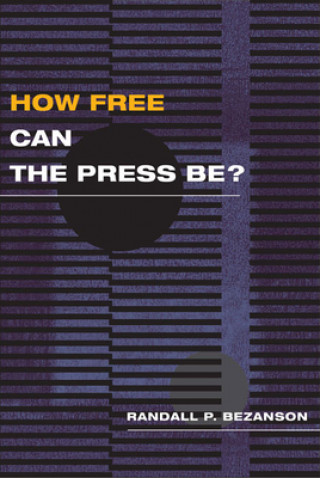
Kód: 04869400
How Free Can the Press Be?
Autor Randall P. Bezanson
The First Amendment to the Constitution states that Congress shall make no law abridging the freedom of the press, but the definitions of "press", of "freedom", and even of "abridgment" have evolved by means of judicial rulings on ... celý popis
- Jazyk:
 Angličtina
Angličtina - Vazba: Brožovaná
- Počet stran: 272
Nakladatelství: University of Illinois Press, 2007
- Více informací o knize

847 Kč
Dostupnost:
50 % šance Máme informaci, že by titul mohl být dostupný. Na základě vaší objednávky se ho pokusíme do 6 týdnů zajistit.
Máme informaci, že by titul mohl být dostupný. Na základě vaší objednávky se ho pokusíme do 6 týdnů zajistit.Prohledáme celý svět
Mohlo by se vám také líbit
Dárkový poukaz: Radost zaručena
- Darujte poukaz v libovolné hodnotě a my se postaráme o zbytek.
- Poukaz se vztahuje na celou naši nabídku.
- Elektronický poukaz vytisknete z e-mailu a můžete ihned darovat.
- Platnost poukazu je 12 měsíců od data vystavení.
Informovat o naskladnění knihy
Zadejte do formuláře e-mailovou adresu a jakmile knihu naskladníme, zašleme vám o tom zprávu. Pohlídáme vše za vás.
Více informací o knize How Free Can the Press Be?
Nákupem získáte 85 bodů
 Anotace knihy
Anotace knihy
The First Amendment to the Constitution states that Congress shall make no law abridging the freedom of the press, but the definitions of "press", of "freedom", and even of "abridgment" have evolved by means of judicial rulings on cases concerning the limits and purposes of press freedoms. In "How Free Can the Press Be?" Randall P. Bezanson explores the changes in understanding of press freedom in America by discussing in depth nine of the most pivotal and provocative First Amendment cases in U.S. judicial history. These cases were argued before the U.S. Supreme Court, state Supreme Courts, and even a local circuit court, and concerned matters ranging from "The New York Times'" publication of the Pentagon Papers to Hugo Zacchini, the human cannonball who claimed television broadcasts of his act threatened his livelihood. Other cases include a politician blackballed by the Miami Herald and prevented from responding in its pages, the Pittsburgh Press arguing it had the right to employ gender-based column headings in its classified ads section, and the victim of a crime suing the Des Moines Register over that paper's publication of intimate details, including the victim's name. Each case resulted in a ruling that refined or reshaped judicial definition of the limits of press freedom. Does the First Amendment give the press a special position under the law? Is editorial judgment a cornerstone of the press? Does the press have a duty to publish truth and fact, to present both sides of a story, to respect the privacy of individuals, to obtain its information through legally acceptable means? How does press freedom weigh against national security? Bezanson addresses these and other questions, examining the arguments on both sides, and using these landmark cases as a springboard for a wider discussion of the meaning and limits of press freedom.
 Parametry knihy
Parametry knihy
Zařazení knihy Knihy v angličtině Society & social sciences Society & culture: general Media studies
847 Kč
- Plný název: How Free Can the Press Be?
- Autor: Randall P. Bezanson
- Jazyk:
 Angličtina
Angličtina - Vazba: Brožovaná
- Počet stran: 272
- EAN: 9780252075209
- ID: 04869400
- Nakladatelství: University of Illinois Press
- Hmotnost: 408 g
- Rozměry: 226 × 161 × 20 mm
- Datum vydání: 25. November 2007
Oblíbené z jiného soudku
-

Confessions Of An Advertising Man
490 Kč -
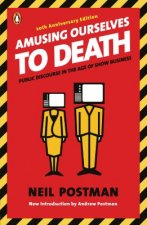
Amusing Ourselves to Death
347 Kč -

Contagious
247 Kč -

Brave new World Revisited
291 Kč -
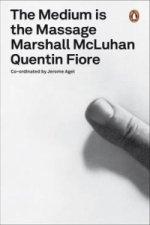
Medium is the Massage
290 Kč -

Pre-Code Hollywood
652 Kč -
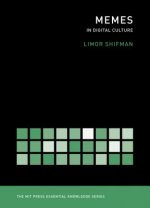
Memes in Digital Culture
365 Kč -
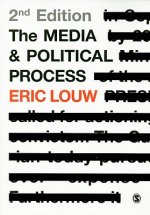
Media and Political Process
959 Kč -
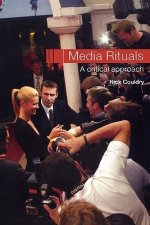
Media Rituals
1206 Kč -
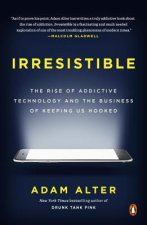
Irresistible
290 Kč -

Buyology
345 Kč -
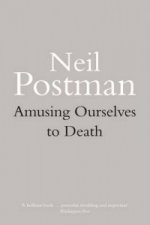
Amusing Ourselves to Death
336 Kč -

Imagination and Interpretation
419 Kč -

To Save Everything, Click Here
323 Kč -
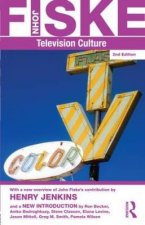
Television Culture
1483 Kč -

Screen Damage - The Dangers of Digital Media for Children
685 Kč -
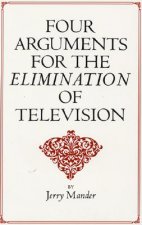
Four Arguments for the Elimination of Television
407 Kč -

Hollywood and the CIA
1666 Kč -

Game Design Deep Dive
1310 Kč -

Filling the Void
301 Kč -

Mass Media in the Post-Soviet World - Market Forces, State Actors, and Political Manipulation in the Informational Environment after Communism
1195 Kč -
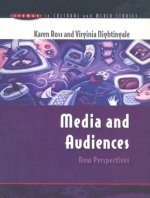
Media and Audiences: New Perspectives
1134 Kč -
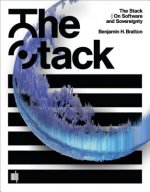
Stack
1174 Kč -

Filter Bubble
334 Kč -

Hidden Persuaders
374 Kč -
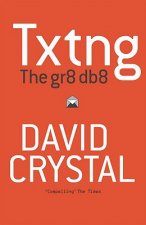
Txtng: The Gr8 Db8
302 Kč -

Spotify Teardown
472 Kč -
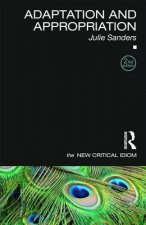
Adaptation and Appropriation
815 Kč -

Internet Does Not Exist
473 Kč -

American Silent Film
555 Kč -

Understanding Esports
1436 Kč -

Tubes
302 Kč -

Proteus Paradox
941 Kč -
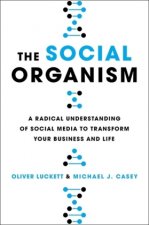
Social Organism
511 Kč -
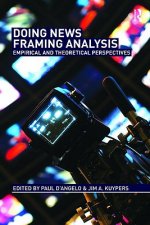
Doing News Framing Analysis
1811 Kč -

Persuasive Games
960 Kč -

Taking South Park Seriously
935 Kč -
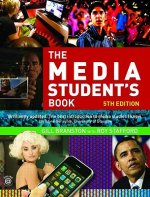
Media Student's Book
1256 Kč -

Remediation
908 Kč -
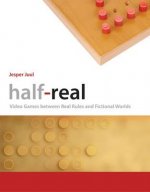
Half-Real
746 Kč -

Pola Negri
997 Kč -
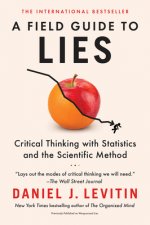
Field Guide to Lies
400 Kč -

Ludotopia - Spaces, Places, and Territories in Computer Games
941 Kč -

Screenwise
1031 Kč -
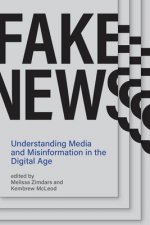
Fake News
1113 Kč -

Scriptwriting for Film, Television and New Media
1075 Kč -

Beyond Powerful Radio
1828 Kč -
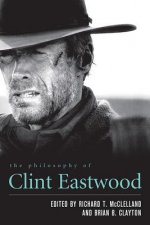
Philosophy of Clint Eastwood
1350 Kč -

Running the Show
1264 Kč
Osobní odběr Praha, Brno a 12903 dalších
Copyright ©2008-24 nejlevnejsi-knihy.cz Všechna práva vyhrazenaSoukromíCookies




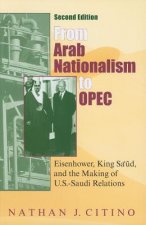


 Vrácení do měsíce
Vrácení do měsíce 571 999 099 (8-15.30h)
571 999 099 (8-15.30h)